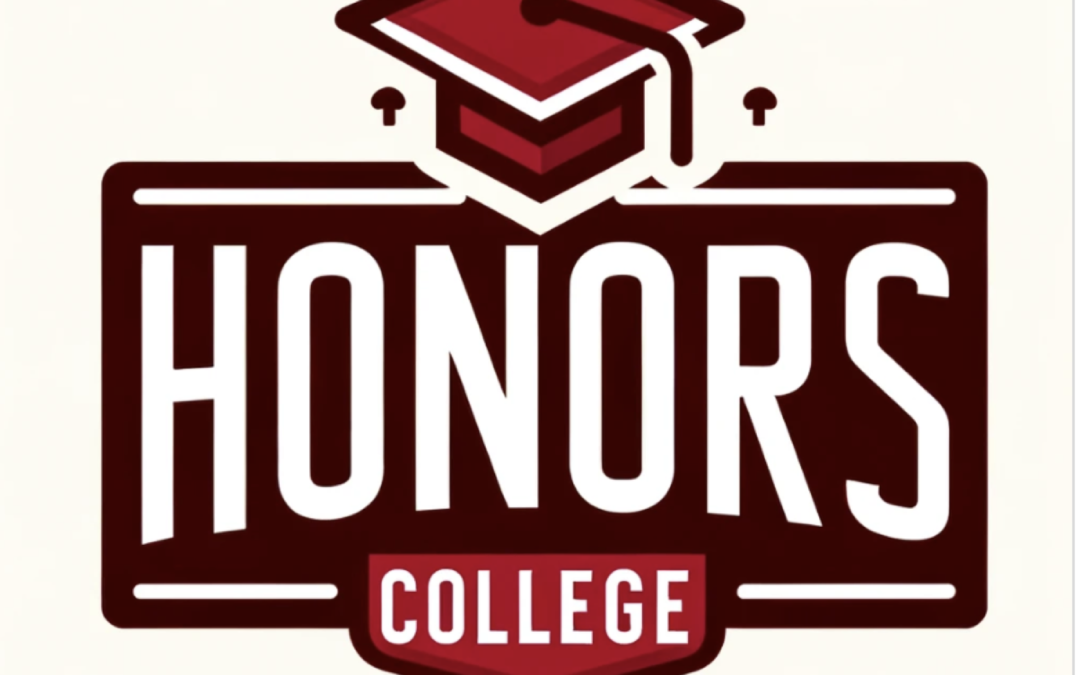Honors Colleges and Programs
By: Marcy Cowan
Some college students want to take a more ambitious approach to their learning, and that’s where honors colleges come in. Honors colleges serve high-performing learners who want a greater challenge. Honors colleges offer robust, interdisciplinary courses, including classes focused on leadership, research, and engaging with other students and the community. They also provide amenities, which may vary but typically include scholarships, housing options, mentoring, opportunities to study abroad and a host of other perks. If you have a great GPA and a strong desire to join a community of similar-minded students, you may want to look into attending an honors college.
Acceptance into some honors colleges involves meeting certain standards, such as a minimum SAT or GPA. Others take a different approach, emphasizing creative potential and community contributions. Here are several excellent honors programs to explore:
- Penn State’s Schreyer Honors College – At Schreyer Honors College, you’ll have the unique opportunity to have access to exclusive funding for research, amazing study abroad trips, as well as special honors courses. Two honors residence halls in a prime campus location will help you foster a close community among your fellow students.
- College of Charleston Honors College – The Honors Living and Learning Community at the College of Charleston is the heart of the program, with Honors classrooms, Honors faculty and staff office. There’s also shared spaces for studying, activities, and events. As an honors student, you’ll work closely with an Honors College Faculty Advisor. The small class size and opportunity to engage in a year-long service project is another component of this honors college.
- University of South Carolina Honors College – For students contemplating a career in research, USC’s Honors College might be a top contender. This program has produced more Goldwater Scholars than every Ivy League school except Harvard. As an Honors College student, you’ll have the opportunity to take advantage of all the typical honors college perks as well as have access to a national fellowship. If you can’t find a major that works for you, you can create your own.
- Arizona State University Barrett Honors College – If you’re looking for extensive guidance in your college career, you may want to check out ASU’s Barrett Honors College.Considered by many to be the best honors college in the country, it offers students three tiers of advising: you’ll have a major advisor, an honors advisor, and at least one professor mentor in your major. If you’re pre-health or pre-law, you’ll have yet another advisor. You can live in the honors community and take advantage of the resort-style pool to study and relax between classes. There’s free one-on-one math and writing tutoring available exclusively for honors students. Adventurers will bond with fellow honors students on Barrett trips offered during breaks, including to national parks and great American cities.
- University of Oregon Clark Honors College – This honors program is great for students interested in research. It has its own undergraduate research journal and a paid mentored research program that funds students’ work as research assistants. Aspiring lawyers should note the 3+3 law degree path that lets you shave off a full year. Clark students who meet certain criteria are guaranteed admission to the law school. With an average of 15 students per class, Clark students form strong bonds with peers and faculty.
- The Honors College at Rutgers University – This is both a stand-alone school and a student living-learning community.The Honors College admissions committee uses the general Rutgers application to determine who will be admitted into the honors program. The Honors College at Rutgers has its own state-of-the-art building, which is the hub for honors courses and seminars, research opportunities, an Innovation Lab, on-site academic advising, and lounges where honors students can build community and even get to know live-in faculty. One of the best things about the Honors College at Rutgers is that all honors students receive a four-year renewable scholarship. The Honors College also provides additional scholarship opportunities for study abroad, research projects, and even has an Honors College Student Emergency Fund for students who encounter unexpected financial hardship.
- The honors program at the University of Virginia (UVA) is called Echols Scholars Program. UVA’s Echols Scholars Program is housed within the College of Arts & Sciences at UVA. All applicants to the College of Arts & Sciences first-year class are automatically reviewed for admission to Echols. The key value that defines Echols is that students get the opportunity to shape the program. For instance, the Echols Council is a student-led governing body that represents Echols students and works with the honors program’s administration to design and implement initiatives that give students the best learning experience.
This is not an exclusive list, and there are many other excellent and prestigious honors colleges to explore. For all honors colleges, always research before you apply, learn how you’re being evaluated, brush up on your writing skills, and be prepared for an in-person interview. Good luck!
MARCIA COWAN
Marcy Cowan has been helping college-bound students find their perfect college since 1999. Her interest in the area of educational consulting began as a volunteer opportunity at the Atlanta International School. Marcy’s two daughters were students at AIS, and word got around that Marcy interviewed applicants for Georgetown University, her undergraduate alma mater. Correctly assuming that she knew something about the college admissions process, many families asked Marcy for guidance. Over time, a large part of her clientele were international families, primarily Spanish, French and German, who did not understand the admission process or financial aid at American colleges. Demystifying the system for both U.S. and international families is highly gratifying for Marcy, who is a fluent French speaker and also well versed in European universities.
Marcy graduated from George Washington University School of Law, and practiced federal and state regulatory law for major multinationals for over 30 years in the Washington, D.C. and Atlanta areas. She particularly enjoys helping students with their personal statements and essays, as she is a storyteller and freelance writer. She is an Associate Member of the Independent Educational Consultants Association. Her students love working with her for her warmth, caring, practicality and knowledge.
Marcy’s late husband, Keith, was a U.S. Naval Academy graduate and GW law school classmate. Marcy has helped her own children find their proper places at Oxford College, Emory University, Bennington College, and Colgate University.


